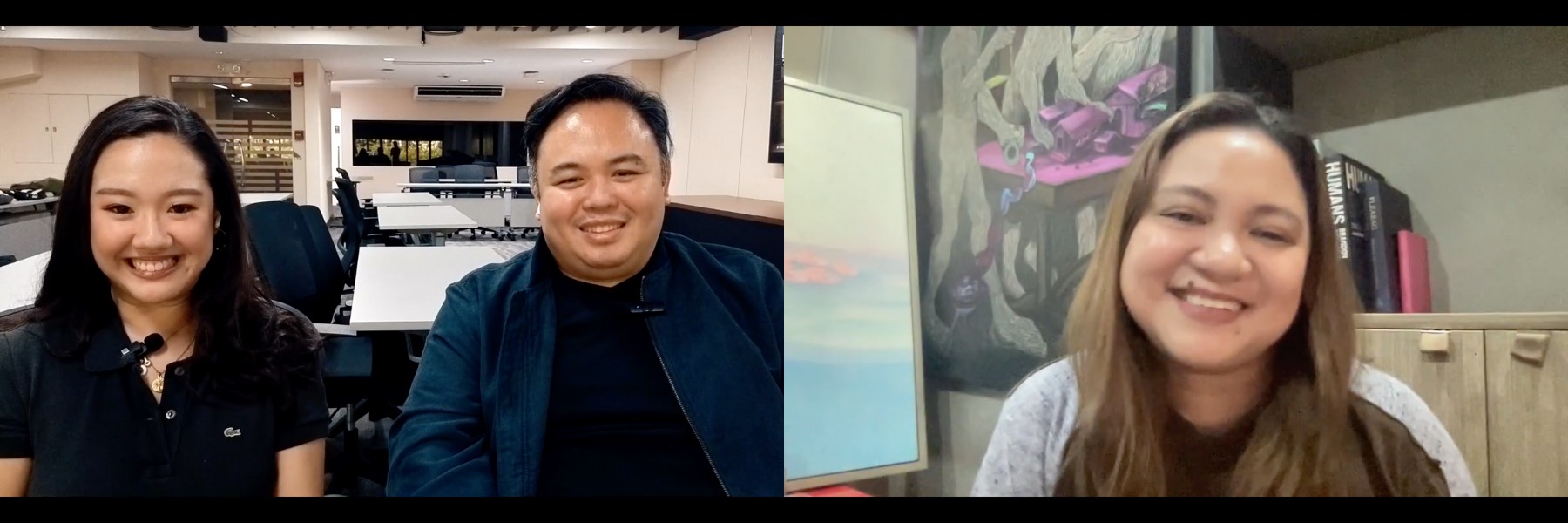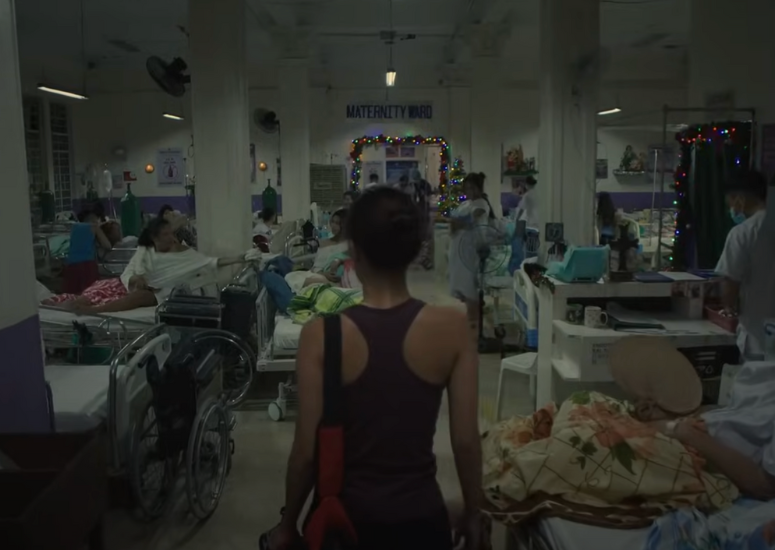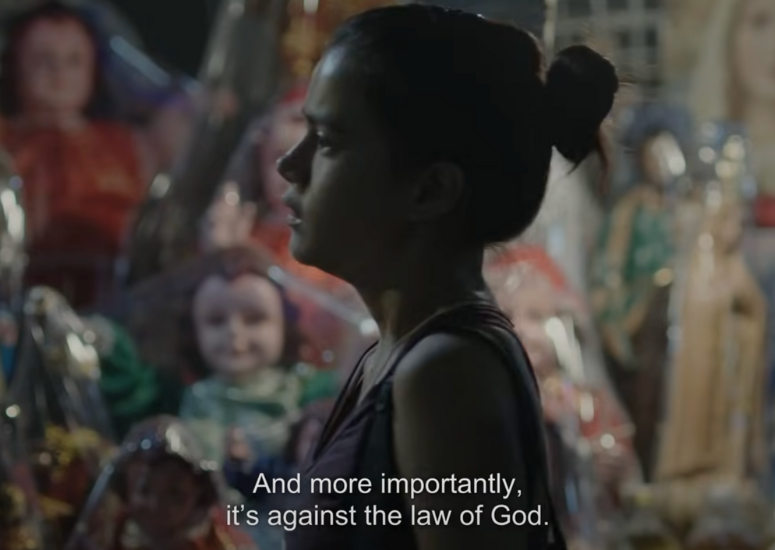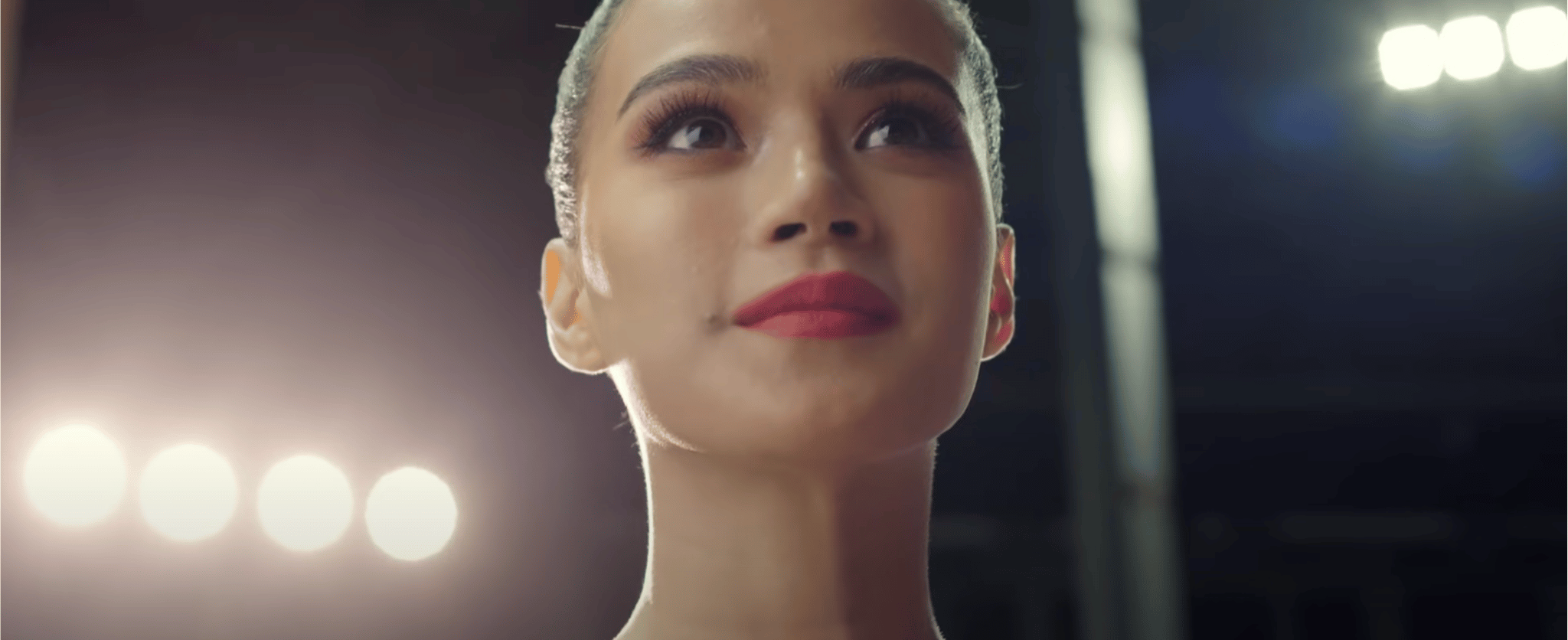How real-life Sunshines inspired Antoinette Jadaone's hit film on teenage pregnancy, abortion
Filipino filmmaker Antoinette Jadaone deeply explored the real-life experiences of girls who got pregnant as young as 16 in creating her hit movie Sunshine.
From its initial limited screening, the award-winning film, which follows the story of a young gymnast who finds out she's pregnant ahead of the national team tryouts, has been able to reach a variety of moviegoers and spark meaningful discussions on abortion as seen in reviews shared on social media.
Prior to its local release, the Maris Racal starrer made waves in international film festivals—from its world premiere at the 2024 Toronto International Film Festival to its Crystal Bear for Best Film at the 75th Berlinale. It was also nominated for Best Youth Film at the 17th Asia-Pacific Screen Awards and was part of the 2025 Palm Springs International Film Festival.
Going beyond the praise and recognition it has received, Jadaone sees Sunshine not just as a fictional character, but as a human call for better sex education and support for women's reproductive health.
Five years in the making
In the second episode of The Generations Podcast, Jadaone shared that it took them five years to complete the film as it involved in-depth research on young girls who unintendedly got pregnant in 2020.
"It was during the pandemic, so at that time, I was starting to interview teenagers who continued with their pregnancy, already mothers at 17 or 18 and those who also terminated their pregnancy," she said.

She was only able to form a clear vision for the screenplay after hearing their real-life stories.
"After the initial research that I did, I realized it would be really a disservice to these kids if I won't continue on with making this into an actual film," she said. "So it was more of these girls pushing me, not really actually telling me, but their haunting stories were really the push that I needed for me to continue on with writing the script."
Jadaone, who was also behind the hit films Never Not Love You and Fangirl, said that the moms she talked to were aged between 16 and 20 then, coming from private schools and less privileged households.
"When I do research, I interview people as close to my characters as possible. So in this case, I also interviewed athletes. I interviewed, 'yung kasing age ni Sunshine, 19, basta nasa teens na nabuntis or na tinuloy tsaka hindi tinuloy," she recalled.
Lack of laws supporting sex education, abortion
Jadaone noted a common denominator among her interviewees during the pre-production process: They lacked access to sex education and reproductive health.
"Wala silang tamang access to the options that they can have. Mayroon doon, hindi niya alam na buntis siya," she shared. (This became evident in one of the film's characters, 13-year-old Menggay—played by Rhed Bustamante—who didn't know she was expecting a child.)

For Jadaone, such is a systemic and cultural issue that needs fixing. "Even sa mga areas na akala natin very progressive, hush-hush pa rin 'yung pag-uusap pagtungkol sa sex, lalo pagtungkol sa abortion," she said. "Hindi na talaga siya social status, antas ng edukasyon... very cultural na talaga siya."
She stressed that the lack of laws supporting sex education and decriminalizing abortion plays a huge part in why pregnant teens resort to unsafe abortion practices, like Sunshine, who sought "pamparegla" from vendors in Quiapo.
"Kailangan lang talaga ng political will and change of mindset na hindi na ito tungkol sa religion, hindi na ito tungkol sa kung ano 'yung pinaniniwalaan mo. This is a reality that is happening, and I guess kung wala talagang batas na magmamandate nun, wala," she continued.
Research by the Philippine Safe Abortion and Advocacy Network stated that around 1.26 million Filipino women induced abortion in 2020. A study released in the same year by the University of the Philippines showed an estimated 1.1 million abortions occuring in the country annually.
Drawing from the alarming data, Jadaone said, "Ibig sabihin, hindi nila alam na ito pala 'yung sex. Hindi nila alam na mali palang hinahawakan ako dito. Mali palang may ginagawa sa akin sa ganito. Kasi hindi nila alam. Kasi usually, ang sasabihin sa kanila, ginagawa talaga 'to, mas matanda ako, mas alam ko 'to, ganyan. So 'yun 'yung sobrang alarming."
"Ito 'yung dapat nagbe-benefit sa comprehensive sex education," she continued. "Heartbreaking talaga 'yung ganung napabayaan natin talaga 'yung mga bata na hindi nila man nila kayang protektahan talaga 'yung sarili nila. So 'yung adults, we are the ones complicit talaga."

She also noted how women seem to be on the losing end when it comes to the lack of laws that are supposed to protect their rights.
"Babae ang talo sa divorce, babae ang talo sa walang access sa safe abortion. Babae ang talo na criminalized ang abortion sa Pilipinas," Jadaone pointed out.
The filmmaker emphasized that banning abortion "doesn't stop these kids from having abortions, doesn't stop them from actually dying from abortion, getting abortion." She continued, "It only makes the abortions unsafe and really bad for these kids in general."
Sunshine is more than just a film
Bringing Sunshine to life became an incredible learning experience for Jadaone.
"Parang in scriptwriting, 'di ba, they always tell you, 'Write what you know.' Pero here in Sunshine, I wrote what I didn't know. And because I didn't know, I had to know," she said. "So while writing Sunshine, it was really parang me getting an education about this."
Being aware of abortion ahead of the project was one thing for Jadaone, but working closely with non-government organizations promoting women's reproductive rights was another.
"Parang habang ginagawa ko 'yung Sunshine, si Sunshine, hindi na lang talaga siya character, parang totoong tao na talaga siya," she mused.

Beyond that, Jadaone has also been given the opportunity to educate others about women's issues.
"So, ang nangyari sa Sunshine, hindi lang basta kakampi, pero parang in-equip din ako ni Sunshine ng tamang information, tamang stories, para 'yung pagiging kakampi ko sa kanya, parang siya rin naging kakampi ako," she explained.
Following its massive success, Jadaone—as well as its producers Geo Lomuntad, Dan Villegas, and Bianca Balbuena—are bringing real change through the film in their own ways like hosting block screenings for legislators.
"Ang gusto talaga namin na next step ay makatulong kami sa mga dapat na maipasa ng mga batas. Kung kailangan namin magpalabas ulit ng special screening sa House of Representatives and sa Senate, ipu-push namin," she said.
"Kasi parang hindi enough talaga na magka-empathy lang eh. Hindi enough 'yung may feelings lang about Sunshine," she continued. "Magiging buo lang talaga 'yung kwento ni Sunshine kapag may nakuha kahit papaanong social change or policy change."
The Generations Podcast is now available on Spotify and YouTube, executive produced by Sheila Paras of PhilSTAR L!fe and Roby Alampay of PumaPodcast. Listen to its second episode with award-winning filmmaker Antoinette Jadaone below, where she talks to L!fe’s Angel Martinez (Gen Z) and PumaPodcast's Jaemark Tordecilla (Xennial) about Sunshine as well as the importance of sex education and women's reproductive rights in a conservative society.
If you’re interested in organizing a screening of Sunshine for your school, institution or company, get in touch with Project 8 Projects or Direk Tonet on Instagram.
Check out PhilSTAR L!fe's Sunshine review here. Understand why sex education as we know it is no longer good enough in this Generations column.


